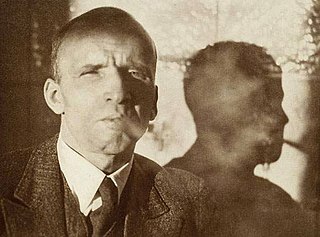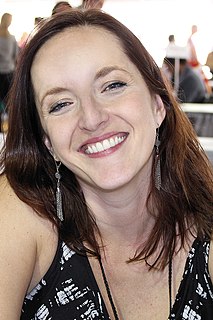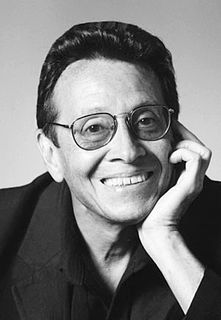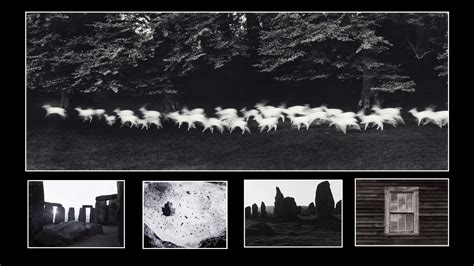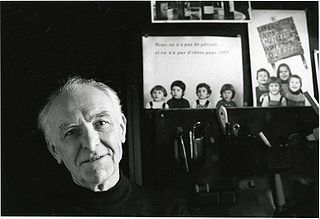A Quote by Albert Renger-Patzsch
There is an urgent need to examine old opinions and look at things from a new viewpoint. There must be an increase in the joy one takes in an object, and the photographer should become fully conscious of the splendid fidelity of reproduction made possible by his technique. Nature, after all, is not so poor that she requires constant improvement.
Related Quotes
People are not "things" to be manipulated, labeled, boxed, bought, and sold. Above all else, they are not "human resources." They are entire human beings, containing the whole of the evolving universe, limitless until we start limiting them. We must examine the concept of leading and following with new eyes. We must examine the concept of superior and subordinate with increasing skepticism. We must examine the concept of management and labor with new beliefs. And we must examine the nature of organizations that demand such distinctions with an entirely different consciousness.
Sometimes a photographer is a passenger, sometimes a person who stays in one place. What he watches changes constantly, but his watching never changes. He doesn't examine like a doctor, defend like a lawyer, analyze like a scholar, support like a priest, make people laugh like a comedian, or intoxicate like a singer. He only watches. This is enough. No, this is all I can do. All a photographer can do is watch. Therefore, a photographer has to watch all the time. He must face the object and make his entire body an eye. A photographer is someone who wagers everything on seeing.
It must be that when God speaketh, he should communicate, not one thing, but all things; should fill the world with his voice; should scatter forth light, nature, time, souls, from the centre of the present thought; and new date and new create the whole.Whenever a mind is simple and receives a divine wisdom, old things pass away, - means, teachers, texts, temples fall; it lives now, and absorbs past and future into the present hour. All things are made sacred by relation to it,-one as much as another. All things are disolved to ther center by thier cause.
Any photographer worth his/her salt - that is, any photographer of professional caliber, in control of the craft, regardless of imagistic bent - can make virtually anything look good. Which means, of course, that she or he can make virtually anything look bad - or look just about any way at all. After all, that is the real work of photography: making things look, deciding how a thing is to appear in the image.
When you write a book, you want to have fidelity to the character. Characters and their emotions guide the structure of the novel. The author is aware that there's a certain amount of information she/he has to provide in order to satisfy the reader, knowing that she/he has set something up that must be paid off, but this payment must be made while maintaining fidelity to the characters.
Photography is not easy. You know it takes a painter or a sculpture or a musician years to perfect their technique. Then they're free to make an expression in a matter of moments. It takes moments for a photographer to perfect his technique. And then it takes years for him to make it into something that is truly creative and worthwhile.
Anything's possible in Human Nature," Chacko said in his Reading Aloud voice. Talking to the darkness now, suddenly insensitive to his little fountain-haired niece. "Love. Madness. Hope. Infinite joy." Of the four things that were Possible in Human Nature, Rahel thought that Infinnate Joy sounded the saddest. Perhaps because of the way Chacko said it. Infinnate Joy. With a church sound to it. Like a sad fish with fins all over.
Somewhere in the world there was a young woman with such splendid understanding that she'd see him entire, like a poem or story, and find his words so valuable after all that when he confessed his apprehensions she would explain why they were in fact the very things that made him precious to her...and to Western Civilization! There was no such girl, the simple truth being.
One is fully conscious when he or she is the results of having been informed and instructed by the experience of his or her ancestors and use that knowledge to master, understand and become able to create institutions that allow him or her to live in harmony with the rest of nature and the universe.
